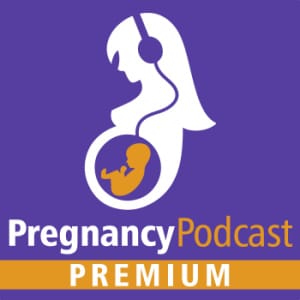Overview
You have increased nutrient needs during pregnancy, and maintaining a balanced diet is essential for you and your baby. There is no denying that animal products are naturally rich sources of specific vitamins and nutrients, and those following a plant-based diet can still meet their nutritional needs. People choose a plant-based diet for various reasons, including environmental, ethical, or health considerations. This episode examines the evidence on plant-based diets during pregnancy and provides an overview of key nutrients to focus on when following a vegetarian or vegan diet.

